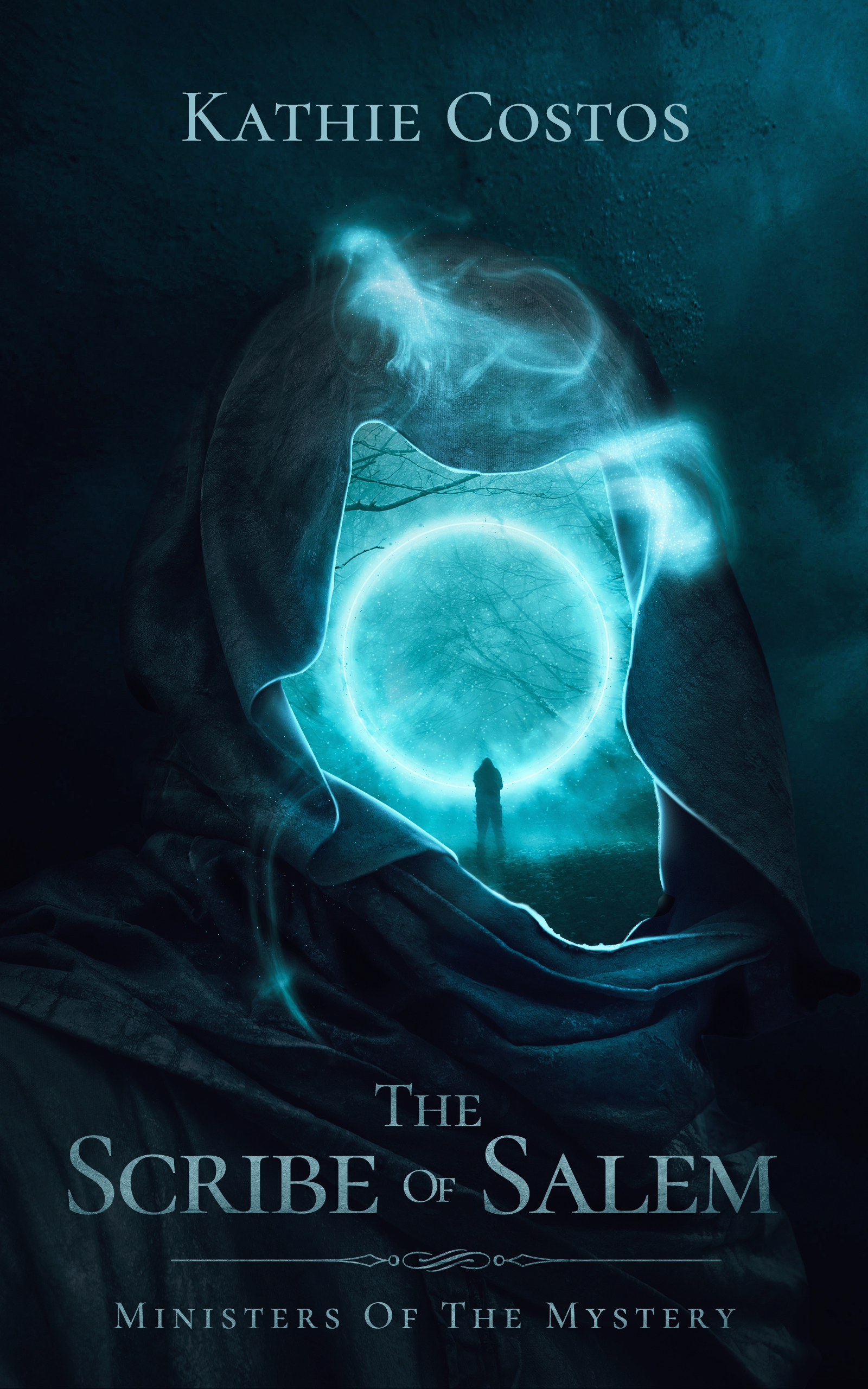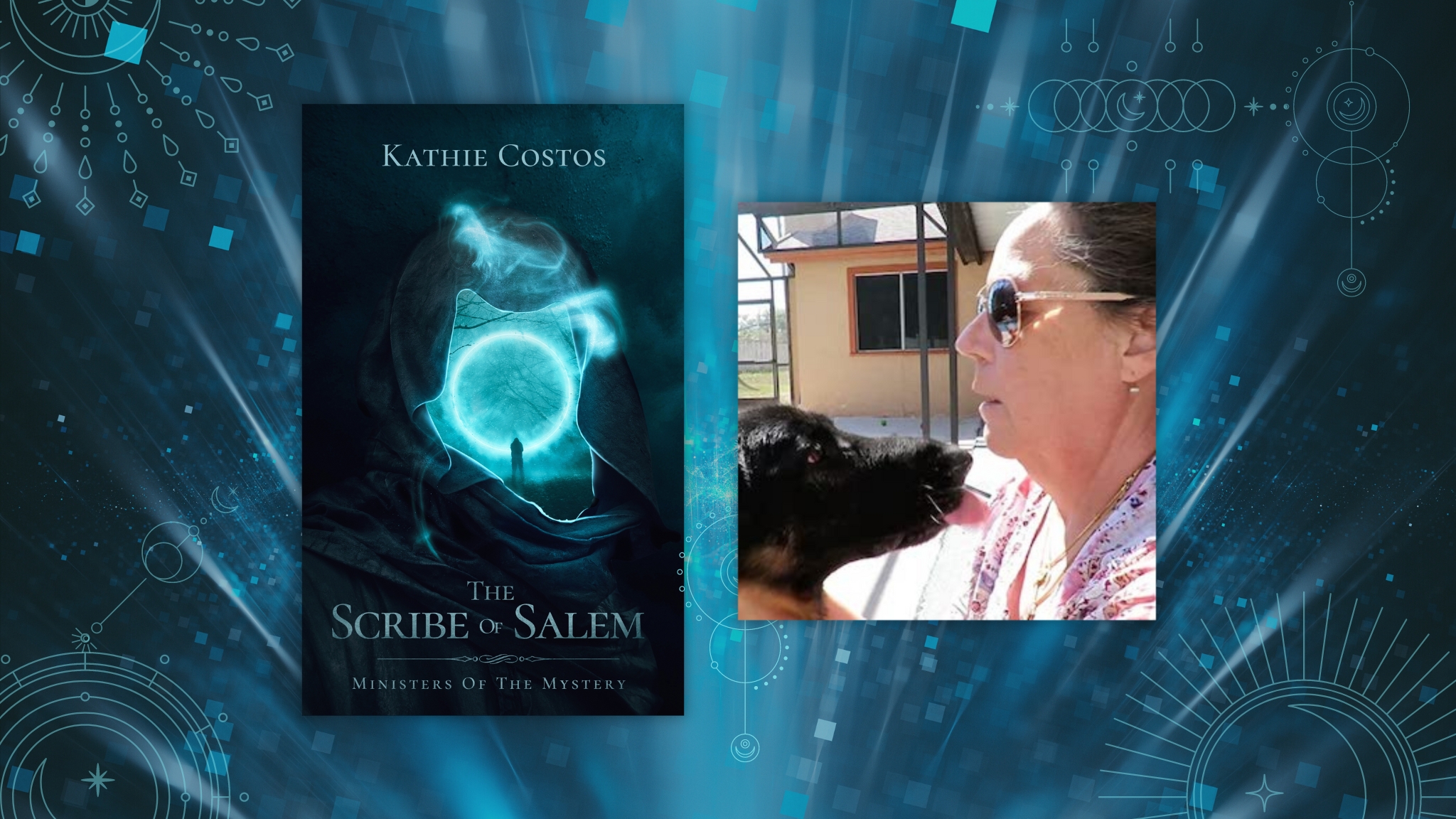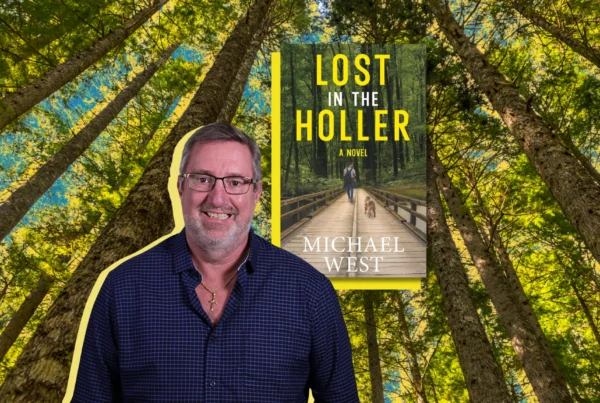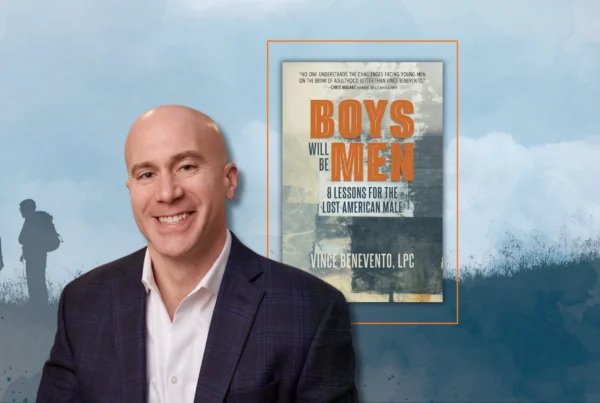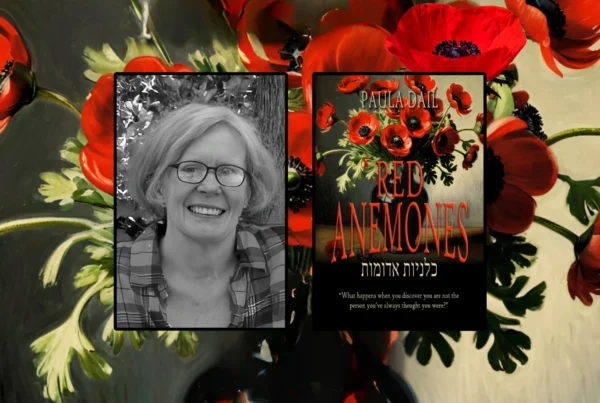The Scribe of Salem by Kathie Costos
Most people who have the slightest interest in the occult, hard-to-believe historical occurrences or early settlers of North America will be familiar with the Salem Witch Trials. In The Scribe of Salem: Ministers of the Mystery, the first book in the Ministers of the Mystery series, Kathie Costos takes readers on a wild fictional journey that has one foot in reality. Filled with suspense, historical intrigue, magic and scripture, this supernatural thriller discusses the horrors of those legendary trials and how they impact the town to this day.
We spoke to Katie Costos about her inspiration for The Scribe of Salem, as well as her own personal connection with the infamous town.
Q: What first drew your attention to the Salem witch trials?
A: I grew up near Salem and at least once a year, I’d go there to visit the museums and walk what I called the trail of tears knowing so many innocent people were accused of witchcraft, imprisoned, tortured and 20 of them were legally murdered because of hatred by people claiming to be Christian. That most of the accusers were dealing with what we now call Post Traumatic Stress Disorder — PTSD.
Q: What kind of research did you do in writing this book?
A: The witchcraft trials have been a lifetime hobby but PTSD has been my vocation for 40 years. It is a battle between what is good within us that leaves us asking if God did it to us or if God saved us. I tried to look at the trials in a different way and discovered that they had to find something or someone to blame for the calamities they could not explain. They blamed Satan and outcasts at first but then greed and hatred took over so no one was safe. It made me wonder what finally got through to the people and the trials ended, as much as if God tried to prevent it from happening ahead of time.
Q: What can you tell us about Chris’s character and his journey?
A: Chris was brilliant but his mind could not stop his soul from being wounded after surviving a bomb blast leaving him covered with scars on the right side of his body, and the scars in his soul. He could begin to lose his faith in God and friends as PTSD was eating away at hope and was pushed over the edge after his wife tried to kill him. By the 7th anniversary of the blast, he had given up, and with no hope left, he decided to end his suffering on his terms but God had other ideas. The time had come for the reason he was sent to this world to begin. His friends came back into his life, strangers came into it and he followed where he was being led. He met a woman named Mandy, a Master Minister of the Mystery, able to see into his soul and guided by God to bless his healing so he could do what she was unable to do.
Q: In what genre would you classify this book? What other books or authors would you compare your work to?
A: Originally I would have classified it as Christian but considering the Bible passages I used would not be preached in church, it does not fit into what most people consider Christian. The Scribe of Salem and the others in the Minister Of The Mystery Series were written for those who feel there is no place for them within the walls of a building. It is supernatural, paranormal and visionary. I am not really sure where they fit in and was hoping the review would help with that.
Q: As a certified chaplain, how has your religious background influenced your writing?
A: I believe in the power of the spirit within all of us. That if people could see a true connection to God directly without the limitations of man-made rules and doctrines, they would discover they are not alone and do have immense power in this world to not just heal but help others heal, and thus, deliver the miracles others are praying for. That was what I tried to show in these books.
Q: Do you believe in magic?
A: Magic or miracles? What some consider magic, others see as miracles.
The definition of magic is “the power of apparently influencing the course of events by using mysterious or supernatural forces.” The definition of miracles is, “a surprising and welcome event that is not explicable by natural or scientific laws and is therefore considered to be the work of a divine agency.” I believe both are the same. All the gifts of the spirit in scripture point to that. Whenever someone says anyone doing magic in the Bible was evil, they forget how many others were using their gifts and they ended up being called saints. That Jesus was accused of being a demon casting out a demon by the “leaders” at the time and many other people thought the miracles were sorcery. I define magic as doing good and sorcery as doing evil.
Q: What message do you hope the readers will take away from this book?
A: That God has plans for each and every one of us. That he tries to prevent suffering before it happens but people have the free will to listen or ignore what they are being asked to do. What happens to us is caused by what others do to us, and we heal when others decide to do it for us. That nothing is impossible and no one wins any battles alone. Above all this, I hope they see God did not run out of miracles!
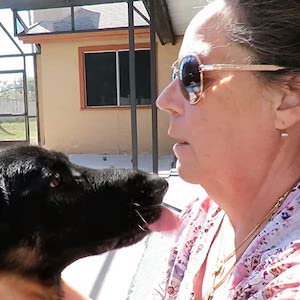 Kathie Costos has been an advocate and educator for 4 decades focusing on Post Traumatic Stress Disorder because of her husband. In the 80’s, the only reports were centered on veterans and trauma. She didn’t read anything about what she survived and never thought she had it. Even after surviving over ten events, she didn’t realize what she had, was the reason she understood others so well. That awakening came when she was talking to her daughter about what the pandemic was doing. She used what happened to her when her ex-husband tried to kill her and stalked her. Her daughter said, “You never told me you had PTSD.” Kathie had to ask some psychologists she knew and they agreed it very well could have been. Now she says, “Fighting PTSD is in my DNA.”
Kathie Costos has been an advocate and educator for 4 decades focusing on Post Traumatic Stress Disorder because of her husband. In the 80’s, the only reports were centered on veterans and trauma. She didn’t read anything about what she survived and never thought she had it. Even after surviving over ten events, she didn’t realize what she had, was the reason she understood others so well. That awakening came when she was talking to her daughter about what the pandemic was doing. She used what happened to her when her ex-husband tried to kill her and stalked her. Her daughter said, “You never told me you had PTSD.” Kathie had to ask some psychologists she knew and they agreed it very well could have been. Now she says, “Fighting PTSD is in my DNA.”
In her last three books, The Lost Son, Alive Again and Stranger Angels, Kathie shows how lives can be changed and miracles happen when survivors learn how to hope again.
